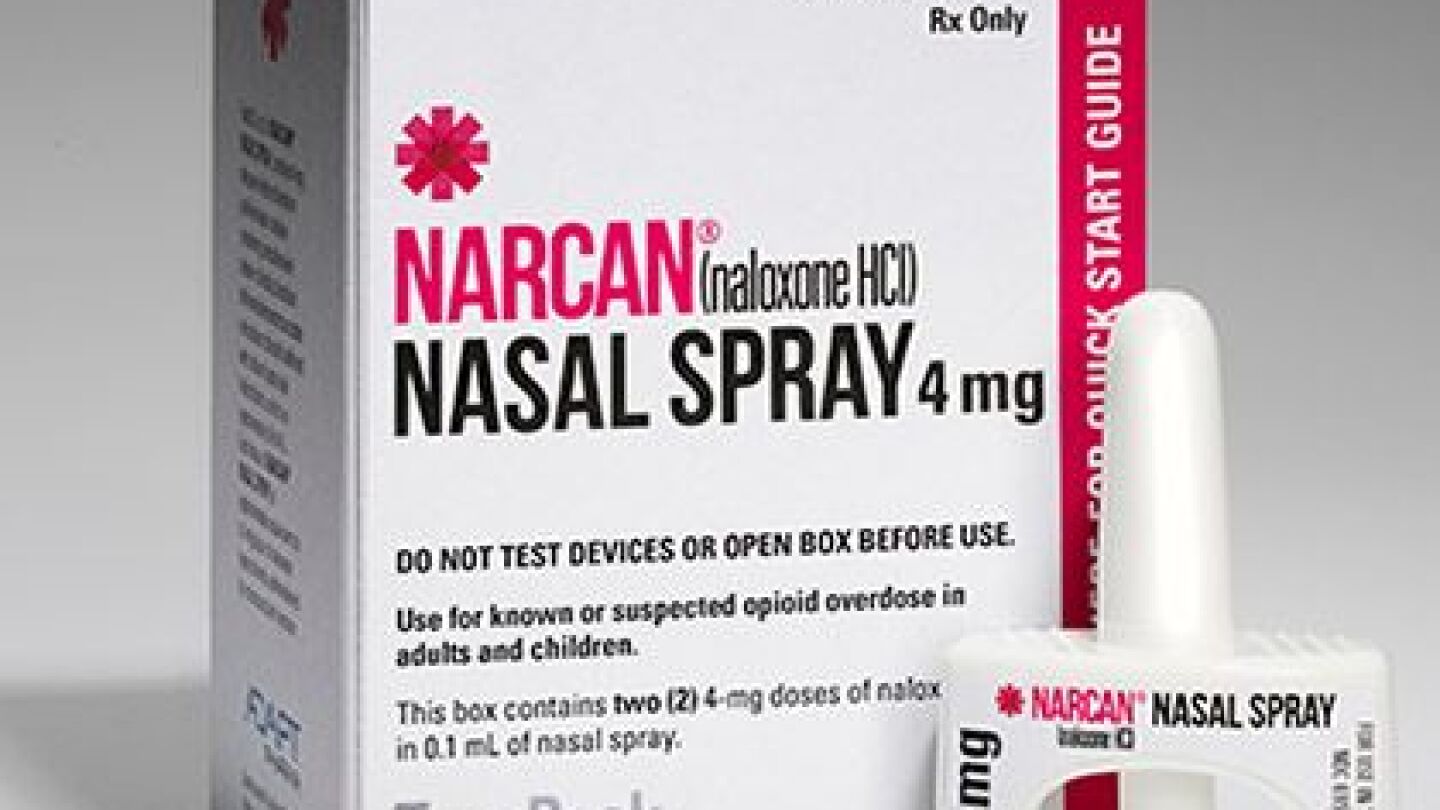EMS1 Research Center
The EMS1 Research Center serves as a central access point for critical prehospital medicine research that can help drive operational and policy changes at the local, state and federal level.
Get insights into EMS provider behavior and beliefs related to hot topics like fatigue management, and participate in EMS1 polls and surveys.
Additionally, find the latest information about research conducted by esteemed EMS organizations, such as the American Ambulance Association, and National Association of EMS Physicians, among other organizations focused on provider health and wellness, patient assessment and treatment, and a variety of safety issues.
Debunking unsound research and increasing hospital collaboration to improve outcomes
Assessing prehospital management and outcomes in patients assessed for hypoglycemia
Waveform capnography provides a non-invasive, accurate assessment of a patient’s ventilatory status
Many of the common conditions of avoidable emergency department visits involved mental health and dental problems
Two recent projects reviewed evidence to develop strategies for improving the safety of EMS patients and providers
Rates of medication-assisted treatment, considered the gold standard for opioid addiction, went up 12 percent
Sodium percarbonate is an ingredient in the product, which has been shown to break down fentanyl
Evidence-based recommendations to address fatigue in EMS was introduced to paramedic chiefs and EMS leaders at Pinnacle 2017
EMS1 and Fitch & Associates take an in-depth look at EMS trends in the United States and set a foundation for assessing how the EMS profession is changing
Funding for cardiac arrest is a fraction of what NIH spends to study other leading causes of death like diabetes, cancer and stroke
Each day, Dustin Cinnamon agreed to swallow a placebo or a non-FDA-approved pill used in the treatment of chemo-induced nausea
Meteorology instructor Jan Null said since 1998, 107 children in Texas have died in hot cars
In tests, the drone arrived 16 minutes faster than an ambulance
Including ultrasound during assessment may help rule out or find injuries missed with traditional exam techniques, but more research is needed
EMS providers are asked to help evaluate community risk reduction
The device can be used quickly, unlike lidocaine, which requires 30 minutes to fully take effect
The study achieved 97 percent accuracy in the ability to find irregular heart activity
Here are five research pearls from Cathy Hostettler, DNP after she studied MedStar’s Heart Failure Readmission Avoidance Program
For every 100 people suffering a heart attack or cardiac arrest, three to four more died within a month if they had sought care on a marathon day
A group is asking the EMS community at-large to help make a difference by completing a survey
A special report published in Prehospital and Disaster Medicine explains why all mass gatherings are not created equal
Anyone who’s exercising in extremely high temperatures should keep well hydrated and allow time to cool down
Many doctors are skeptical of the therapy, called tumor treating fields, and it’s not a cure
There is a six-hour window of opportunity after a traumatic event where the video game can block the haunting memories from forming
Firefighter-paramedics will wear a monitor that measures their physiological responses during each shift
The webinar will discuss insights and how state leaders can use the data to improve state and local operations
Issues to be addressed include isolation and quarantine, disease surveillance and contact tracing
Researchers ranked businesses and other locations according to how many cardiac arrests occurred within 100 meters of the locations and when they were open
The study included 2,589 unique stroke cases and found that those activated by EMS were significantly more likely to receive treatment within 60 minutes of hospital arrival
The survey collected case data and examined the outcomes of attempted opioid-related overdose reversals reported by first responders and community health organizations
Researchers found that participants were twice as likely to reach their daily steps after playing Pokémon Go than they were before playing
MOST POPULAR
- Study: Basic painkillers can be just as effective as opioids
- Officials: Americans more likely to die from opioid overdose than in vehicle crash
- Poll call 2022: Looking back on the biggest EMS trends of the year
- The biggest reason employees leave
- Has your organization changed cardiac resuscitation protocols?
















